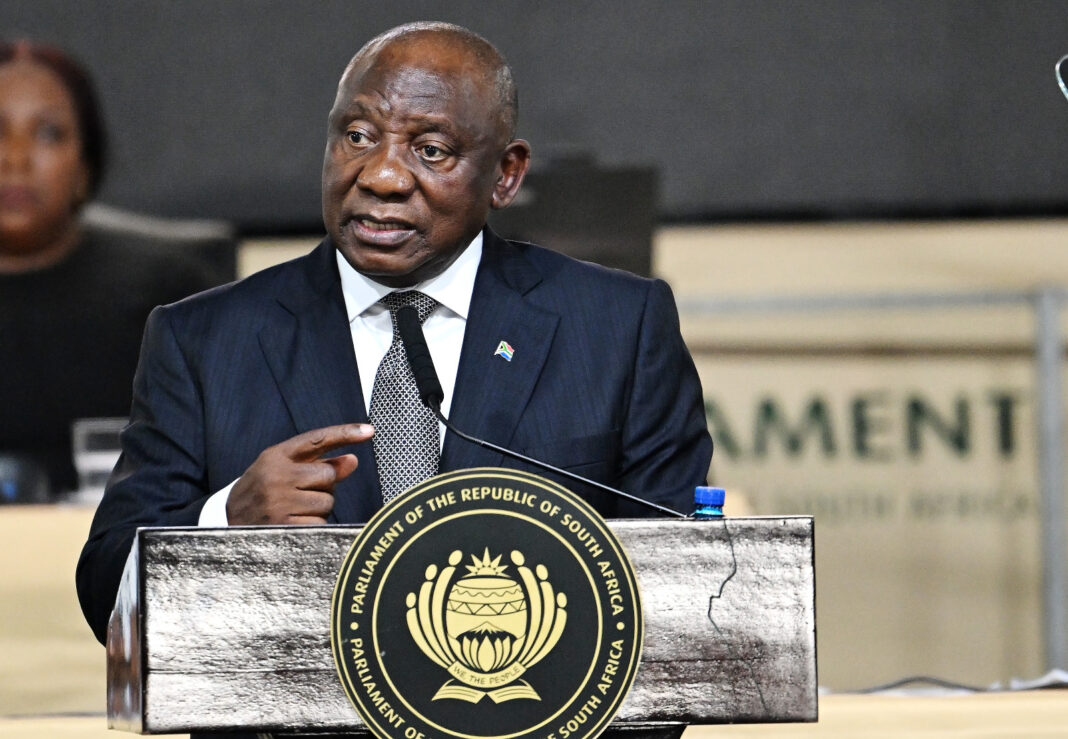By Thapelo Molefe
South Africa is committed to measures that support industrial development and bolster the value of its exports, while at the same intensifying its efforts to diversify destinations for South African goods, products and services, according to President Cyril Ramaphosa.
In his weekly newsletter, Ramaphosa said the latest deal was getting market access for table grapes to the Philippines for the first time, opening a new chapter in agricultural exports and trade diversification.
The president noted the strategic importance of deepening trade relations with countries and regions through bilateral and regional trade agreements.
“This new access is part of our broader effort to open markets for South African products and to ensure our exports reach high-growth economies across the world,” Ramaphosa said.
The move comes at a time when South Africa is working to fully leverage the African Continental Free Trade Area (AfCFTA). In a symbolic first step last year, a shipment of locally produced goods, including fresh produce, left Durban for various destinations across the continent under the AfCFTA framework.
Closer to home, South Africa is strengthening its role in regional blocs such as the Southern African Customs Union and the Southern African Development Community Free Trade Area.
These agreements continue to offer preferential trade terms, boosting intra-regional trade and industrial cooperation.
On the international stage, South Africa secured a R90 billion trade and investment package at the recent European Union-South Africa Summit in Cape Town.
This package is expected to increase the export of South African-made goods into the EU market, particularly in manufacturing and agro-processing sectors.
The 2025 national budget has allocated increased funding to these key sectors, reinforcing the country’s strategy to grow exports by strengthening domestic industrial capacity and supply chains.
Ramaphosa also reaffirmed SA’s commitment to a fair and rules-based global trade system.
He reiterated the need for reform within the World Trade Organisation to address systemic challenges that disadvantage developing economies.
“As we navigate a complex global trade environment, Government, business and labour must work together to ensure we create opportunities that drive inclusive economic growth and job creation,” the president said.
INSIDE POLITICS

